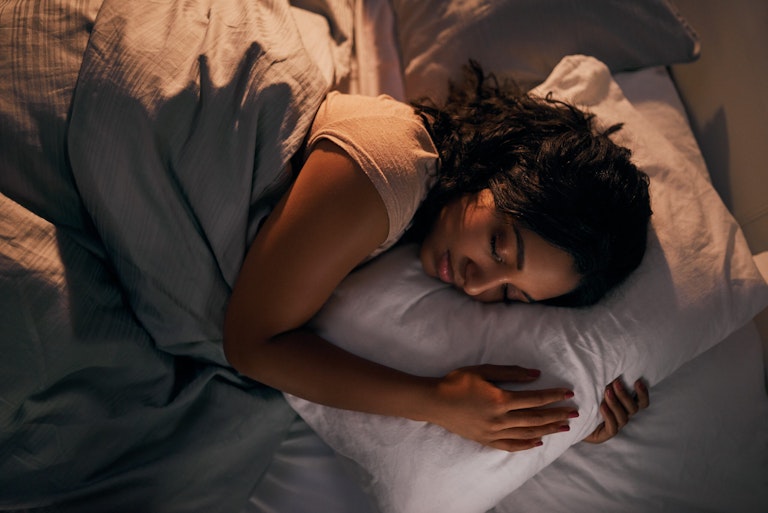Why Sleep Is More Important at University than You Think

Most students consider pulling an all-nighter for studying or partying to be a regular aspect of the university experience. Yet, nights without sleep shouldn’t become a habit, as sleep deprivation can negatively impact your academic performance. Not getting enough sleep could also affect your health, potentially leading to diabetes, obesity, hypertension, and depression.
Research shows that getting a full night’s sleep sharpens learning skills and improves memory. Your body stays alert and fresh, and is able to absorb new information in class. While you sleep, your brain goes through the things you’ve learned during the day so that you’ll have an easier time recalling and retaining information the following day.
Getting enough sleep is therefore vital to your academic success. This is important not just on the days leading up to midterms or finals week, but for all the days of the semester. Most students need around eight hours of sleep to perform well in school. If you’re having difficulty meeting this number, here are some habits to develop.
Establish a nightly ritual.
Having an established routine prepares your brain and body for sleep. For instance, you take a bath, play soothing music, practice mediation, or write in your journal before you tuck into bed.
Follow a regular sleeping pattern.
Make sure to sleep and wake up at the same time every day. Avoid staying up late or sleeping in if you don’t have an early class. Maintain the same waking hours during Saturdays and Sundays.
Irregular sleeping patterns will disrupt your circadian rhythm and could cause you to lose concentration and focus in class.
Create an environment conducive to sleep.
Divide your bedroom into different zones: one for studying and one for sleeping. Once you lie down in bed, your body knows it’s time to sleep.
Clean bedding can also keep you comfortable and help you fall asleep faster, so change your sheets, pillowcase, and blanket often. You don’t need to have the highest thread count for your sheets, but you can buy lightweight fabrics to keep you comfortable.
Exposure to light can disrupt your sleep, so keep your room dark by hanging blackout curtains in your windows. You can also close your bedroom door to prevent light from coming in from the other areas of your off-campus housing. Ottawa college parties can also get rowdy and disrupt your sleep, so if your housemate frequently hosts them, invest in sound-canceling earplugs or a white noise machine.
Avoid caffeine.
Caffeine is a staple in college because it provides you with a quick burst of energy and keeps you awake while you finish studying. However, this stimulant can stay in your body long after you drink it, causing you to lose sleep. A good compromise would be to avoid drinking coffee, tea, and energy drinks during the late afternoon and evening.
Stop the scrolling.
Shut off all gadgets and TV at least an hour before bedtime. The blue light from your phone, tablet, laptop, or TV may be interpreted by your brain as daylight, resulting in decreased melatonin, which is the sleep hormone that helps your body relax.
Ready to apply?
Tell us your apartment preferences and we will do everything we can to place you in the unit that’s best for you.
Apply Now